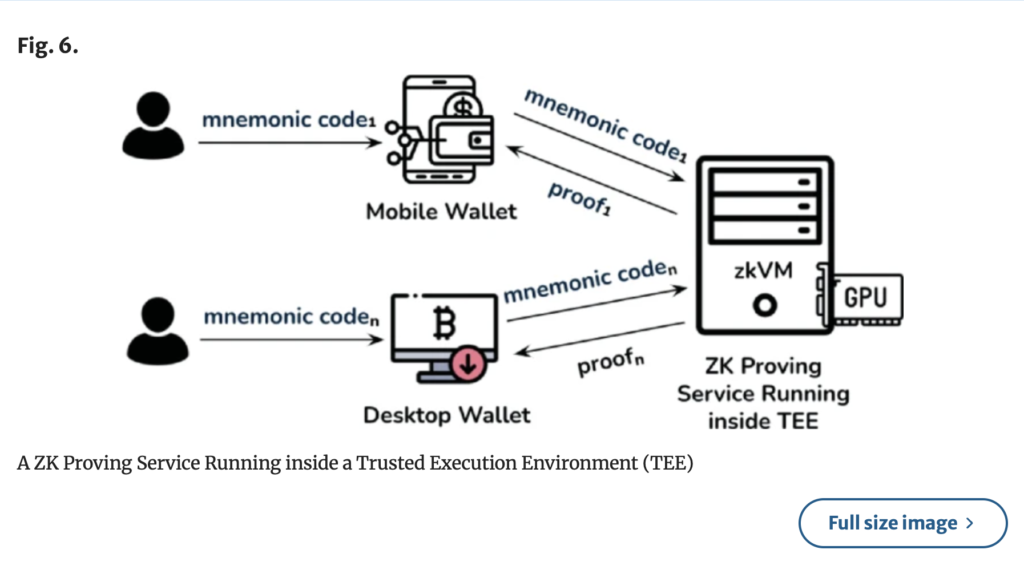Accelerating quantum computing advances are being led by Google, Microsoft, Amazon, IBM, sparking important discussions around cryptographic system quantum proofing. Dr. IoTeX head of cryptography, XinXin Fan, is leading this charge.
Most recently, Dr. Fan was coauthor of a research paper titled *Enabling a Smooth Migration Towards Post-Quantum Security for Ethereum*, which was awarded for Best Paper at the 2024 International Conference for Blockchain.
Hash based zero knowledge will be the cheapest and easiest technology to secure the Ethereum and kind of systems, the paper argues. Dr. Fan explained blockchain’s current elliptical curve digital signature algorithms (ECDSA) being sensitive to quantum attacks.
Blockchain Security with Quantum-Resistant Zero Knowledge Proofs
This could be resolved, however, by appending a quantum resistant zero knowledge proof to each transaction, such as a ZK-Stark, while still keeping accessibility the same for the user.
“This approach enables users to maintain their existing wallets but to secure the transactions by quantum proof zero knowledge,” Dr. Fan said.

He explained the need for the sort of balance between security and usability that enables a smooth transition to the new post-quantum standards. Quantum NIST also underscored the need for urgency after recently setting a 2035 deadline for legacy systems to be transitioned to quantum resistant cryptographic standards.
Fear of quantum computers breaking encryption appears to be growing, but experts say they’re not easy to come by yet. *South China Morning Post* had published a 2024 report that says quantum computers at Shanghai University had cracked cryptographic algorithms. Further analysis of the experiment showed that it broke a 22 bit key, way short of the 2048 through 4096 bits common in today’s encryption.
But despite these very limits to the current state of quantum, Dr. Fan and other researchers stress that the need for proactive thinking is critical. Dr. Fan said the window for assuring cryptographic safety is narrow. “We cannot afford to wait until we are caught up in a never ending scramble to catch up to the next breakthrough.”
With evolution of quantum computing, blockchain and cryptographic systems continue to adapt with robust security mechanisms to combat newly rising threats.







